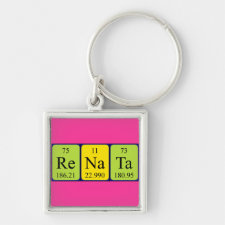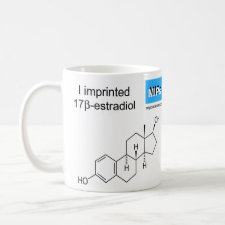
Authors: Gadzala-Kopciuch R, Ricanyová J, Buszewski B
Article Title: Isolation and detection of steroids from human urine by molecularly imprinted solid-phase extraction and liquid chromatography.
Publication date: 2009
Journal: Journal of Chromatography B
Volume: 877
Issue: (11-12)
Page numbers: 1177-1184.
DOI: 10.1016/j.jchromb.2009.03.008
Alternative URL: http://www.sciencedirect.com/science/article/B6X0P-4VVGNT6-2/2/827a707b68172c82c0c95dd0ae5efa68
Abstract: Naturally occurring steroids such as progesterone, testosterone and 17β-estradiol were analyzed in this study. These bio-identical molecules paradoxically can be either beneficial or harmful. Unfortunately as growth promoters can be toxic and cancerogenic at elevated levels. Due to difficulty in monitoring at trace quantities of these hormones in biological matrices specific adsorption materials molecularly imprinted polymers (MIPs) were used for preconcentration and clean up in sample preparation step. A non-covalent imprinting approach was used for bulk polymerization of progesterone, testosterone and 17β-estradiol imprinted polymers. Synthesis of MIPs was achieved by thermal, UV and γ irradiation initiated polymerization whereby were used methacrylic acid (MAA), 4-vinylpyridine (4-VP) as functional monomers, ethylene glycol dimethacrylate (EDMA), trimethylolpropane trimethacrylate (TRIM) as cross-linking agents and acetonitrile, isooctane-toluene (1:99, v/v) and chloroform as porogen solvents. It was also used as initiator 2,2'-azobis(2-methylpropionitrile) (AIBN) or benzyl methyl ether (BME). The MIPs were applied as selective sorbents in solid-phase extraction (SPE). Molecularly imprinted solid-phase extraction (MISPE) considered as hyphenated technique were applied in extraction step before HPLC-DAD analysis of steroids from human urine
Template and target information: progesterone, testosterone, 17β-estradiol
Author keywords: steroids, MIP, MISPE, HPLC-DAD, urine samples



Join the Society for Molecular Imprinting

New items RSS feed
Sign-up for e-mail updates:
Choose between receiving an occasional newsletter or more frequent e-mail alerts.
Click here to go to the sign-up page.
Is your name elemental or peptidic? Enter your name and find out by clicking either of the buttons below!
Other products you may like:
 MIPdatabase
MIPdatabase









